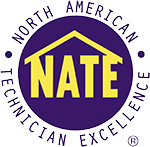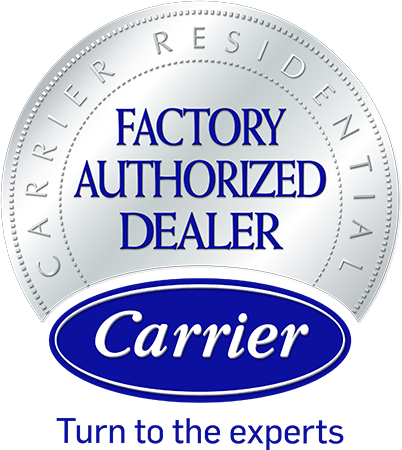HVAC Repair
Our team of technicians can perform repair or replacement most brands including:
- Heat Pumps
- Air Conditioners
- Gas Furnaces
- Oil Furnaces
- Electric Furnaces
- Heat Pumps
- Air Conditioners
- Gas Furnaces
- Oil Furnaces
- Electric Furnaces
As required by Maryland State Law our technicians have a Maryland HVAC Journeyman or Maryland HVAC Master’s License. By law an apprentice cannot service or repair your system unless a Journeyman or Master technician is physically on the job site with them. Please do not hesitate to ask to see the technician’s license. As a Factory Authorized Dealer of quality Carrier equipment, we have many products to choose from to provide the ideal heating and cooling system for your home.
Replace Or Repair?
If you’re like most people, you probably don’t think about your HVAC system until a problem arises. And at that point, it can be almost impossible to ignore. Generally speaking, when the cost of repairs approaches 50% of the value of your heating or cooling system, it’s generally time to replace the system.
Top considerations when deciding Replace or Repair
Age Of Your System
The average life expectancy of an air conditioner or heat pump is 10–12 years. The average life expectancy of a furnace is 15–20 years. If your unit is nearing the average life expectancy, you’ll need to weigh the repair cost against the possibility that more repairs may be needed very soon, or even a complete replacement.
Energy Efficiency
Energy costs (gas, oil, electricity) have risen significantly in the last decade, and will likely continue to do so. Consider the energy consumption of your unit and your potential savings over its lifetime. Equipment that is approaching the end of its life expectancy will typically be much less energy efficient than today’s equipment.
Financial Incentives
There are often financial incentives for upgrading to a new system, which can be an important factor in your decision.
Comfort
Are you happy with your current system? Your old HVAC system can be responsible for things like air quality, noise, temperature swings, and hot or cold spots throughout the house. Over the last decade, modern systems have incorporated major advances in home comfort technology.



